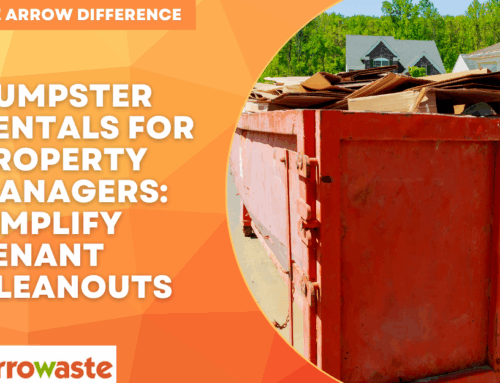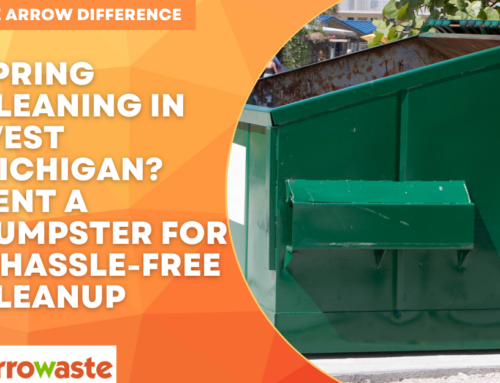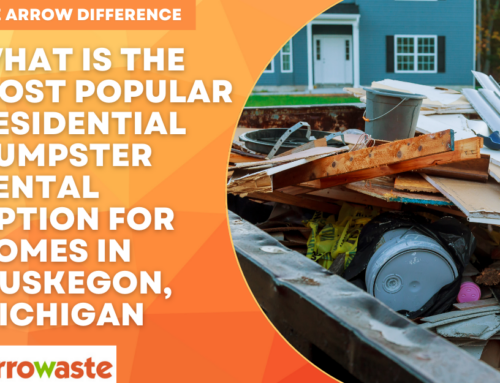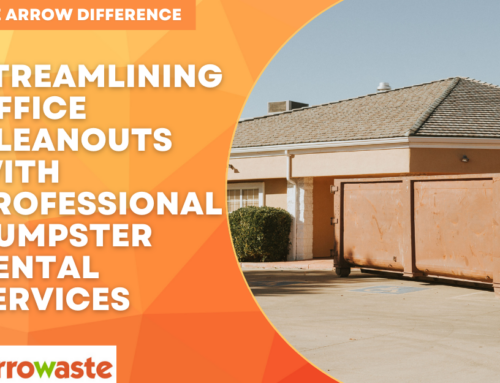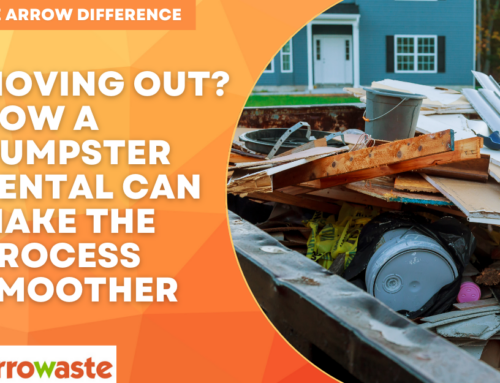Over one American’s lifetime, they will throw away 600 times the amount of their body weight in garbage. An untold amount of this waste actually includes decomposable materials, like yard waste and food waste — garbage that could actually be turned back into useful and nutrient rich soil for growing food. For businesses like landscaping firms or restaurants, so much biodegradable material gets shipped off to the landfill every day, why not use your power and agency as a company to set a positive community example and make a difference in the world? If you are interested in taking this step for your business, read on about what you can compost:
What is composting?
Composting is the natural process of recycling decomposed organic material into rich soil. Anything that was once living can be composted, and by composting organic waste, you are returning nutrients back to the earth.
Why should your business compost?
Composting reduces waste, not only by turning it into something new and usable, but by reducing the amount of trash bags, time, and effort spent in waste management.
Additionally, composting reduces landfill waste and incineration, thereby decreasing harmful emissions. Also, natural compost is amazing for soil and growing things. Commercial methods of composting use oil-reliant machinery and eliminate the fungal process of natural compost.
What can you compost?
You can compost all fruit and vegetable peels, cores, and other wastes; grains like rice, bread, pasta, barley; coffee grounds and coffee filters; tea bags; egg shells; paper towels and paper towel rolls; muffin wrappers; and cereal. You can also compost grass cuttings, weeds, and even wood (as long as it’s cut up a bit).
How will it work in the office?
Make sure you have your employees save your food scraps from lunch (like apple cores, sandwich crusts, leftover salad) and put it in a conveniently located receptacle. For big loads, like yard waste, implement a system with a waste management company to take it away on a case by case basis.
Implementing a composting system for your company is simply a matter of restructuring protocol once — after that, composting will become a seamless part of business operations.


